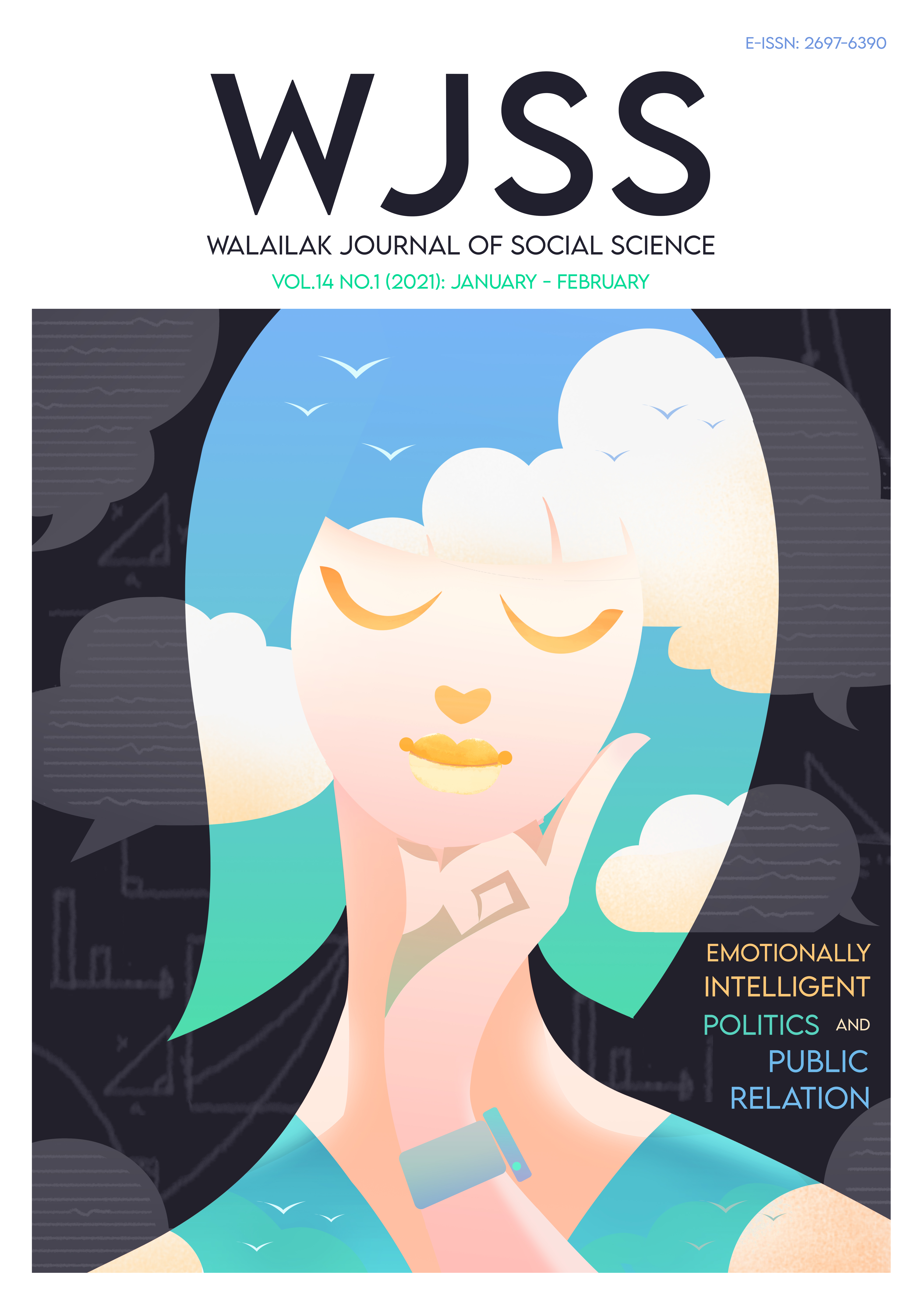Political Comparison: Analysis of North Korea-South Korea Denuclearization Decision Making at a Bilateral Meeting Using Game Theory
Main Article Content
Abstract
The purpose of this study is to find out and analyze what is behind the conflict that can occur. This study uses an analytical method using game theory because it is appropriate to be used for policy decisions. The political situation on the Korean Peninsula was heating up due to mutual threatening actions by North Korea and the United States (US). South Korea, as an alliance of the US and neighboring North Korea, took action to propose a bilateral meeting with North Korea. Unexpectedly, North Korea accepted the offer which later resulted in the Panmunjom Declaration with content relating to denuclearization. Data obtained from the literature review. Game theory has broad benefits, from the start of forming a disarmament policy to political and economic negotiations. It can also explain why nuclear bombs were never used in war after World War II. The results of this study are that decision making is strongly influenced by the national interests of each group or country in conflict because it is related to the power possessed by that group or country, namely military capability, economic capability, prestige, and social conditions.
Article Details
Copyright: CC BY-NC-ND 4.0
References
Binmore, K. (2007). Playing for real: A text on game theory. Oxford University Press.
Carter, I., & Ricciardi, M. (2001). Freedom , power and political morality. Switzerland: Springer Nature.
Creswell, J. W. (2009). Research design: Qualitative, quantitative, and mixed methods approaches. (3rd eds). Sage Publications.
Doyle, M. W., & Sambanis, N. (2014). Making war and building peace. Princeton University Press.
Hergianasari, P. (2019). Brief explanation of holistic political comparison method: A methodological review. Widya Sosiopolitika, 1(2), 88-97.
Holsti, K. (2004). Taming the sovereigns institutional change in international politics. Cambridge Studies in International Relations.
Morgenthau, H. J. (1993). Politics among nations: the struggle for power and peace, revised by Kenneth W (pp. 86-87). New York: Thompson.
Webel, C. (2007). Handbook of peace and conflict studies. London: Routledge.


